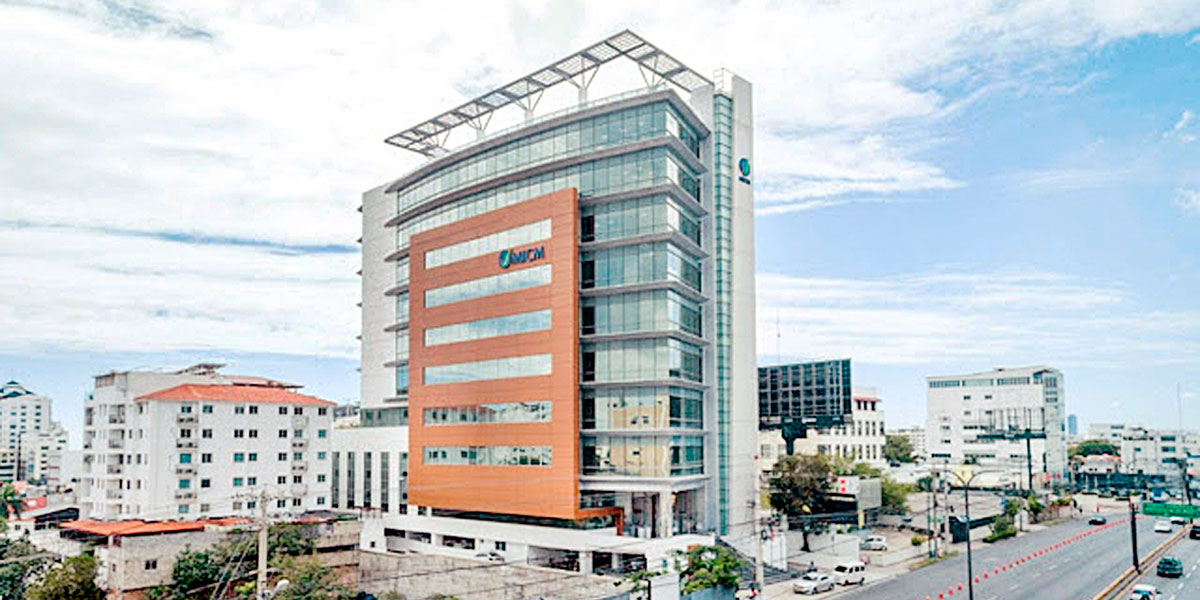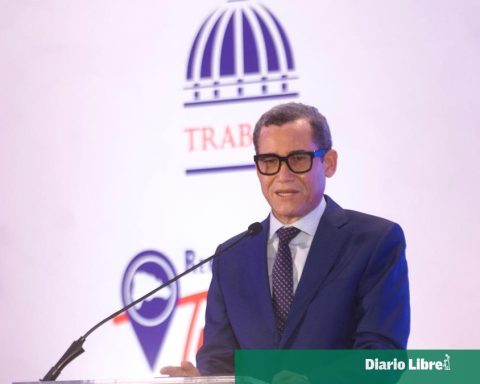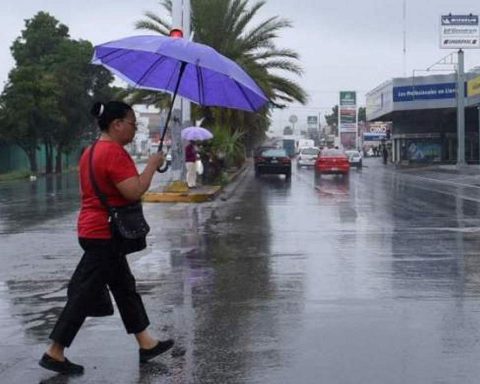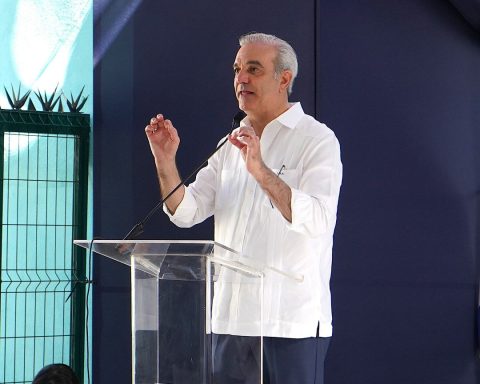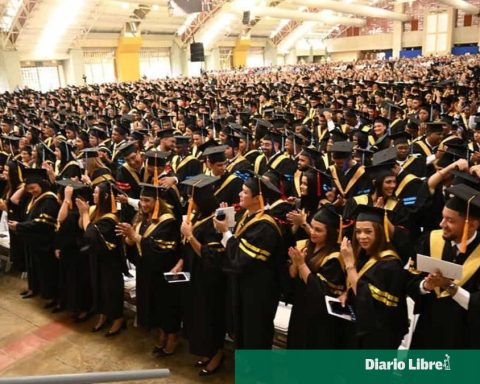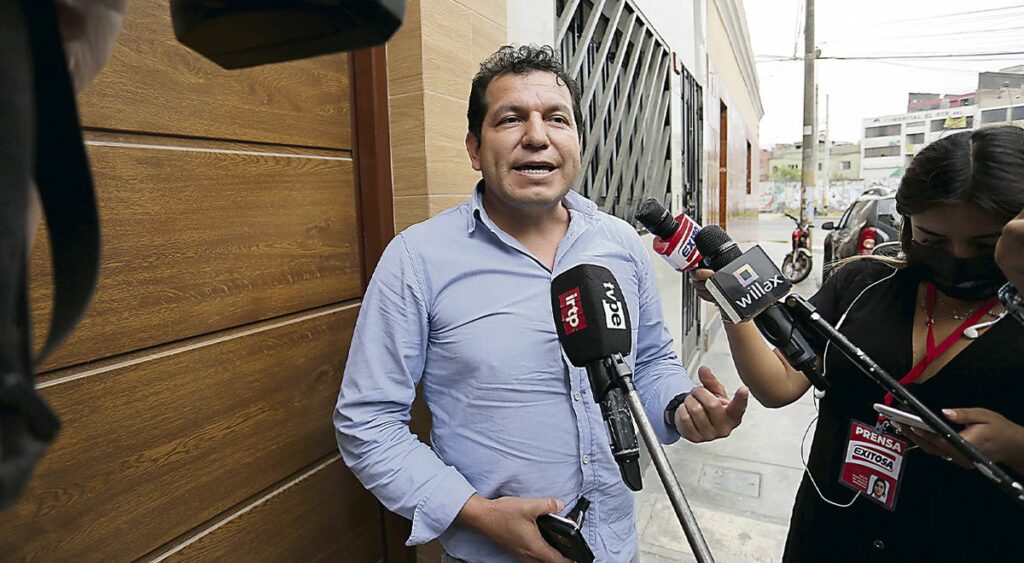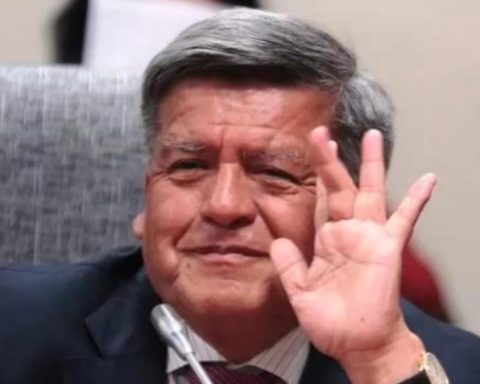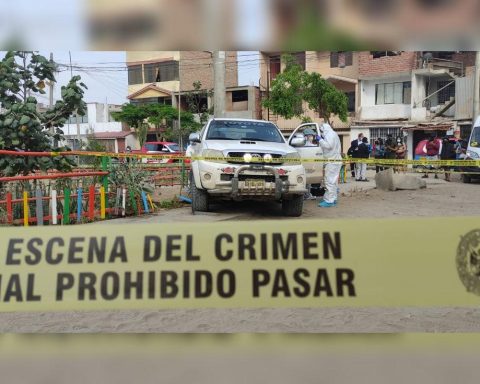The increase in spending in the rectified Complementary Budget project submitted by the Government to modify the 2022 Budget Law raises the deficit that the reformulation will imply in public finances to RD$50,505.3 million.
The rectification, made to restore some RD$4,250 million that had been subtracted from the budget of the Ministry of Education, increases the level of expenses by RD$3,110.2 million, but leaves the projection of increased income unchanged, which remained at RD$66,606.5 millions. With the change, the proportion of the increase without identified income coverage rises to 43.17 percent. In the first version, when the increase in spending was RD$114,001.6 million, the proportion of the increase without income base was 41.58 percent.
A comparison of the new revenue and expenditure parameters contemplated in the proposal, submitted to Congress on Thursday by the Executive Branch, shows a deficit of RD$50,505.3 million.
The proposal increases the expenditure of the original budget by RD$117,111.8 million and maintains the estimated increase in income by RD$66,606.5 million. The estimated income is only enough to finance 56.87 percent of the new expense presented.
The Minister of Finance, José Manuel Vicente, said when presenting the Complementary Budget project that the modification will not require an increase in the public debt. With the complementary proposal, once it is approved by Congress, the General State Budget (PGE) 2022, will reach an expenditure level of RD$1,163,392.53 million, from RD$1,046,280.6 million originally approved. The new figure for the expenditure ceiling that the Government will have rises to RD$1,252,601 million.
The projected weight of public spending goes from 17.9% of gross domestic product (GDP) to 18.9%.
The proposed increase of RD$117,111.8 million represents 0.9 percent of national production or GDP. The Government explained in the original proposal that the increase in spending consigned in the budget modification project has the majority purpose of financing the extraordinary subsidies granted by the Executive Power within its policy of combating inflation arising from international increases in food, materials raw materials and oil.
About 68 percent of aggregate spending is linked to subsidies. According to details given by the Ministry of Finance, the additional expenses to combat inflation add up to RD$92,368.9 million, of which RD$40,000 million are to subsidize fuel prices, whose static price has been since February 4, despite the fact that the price has been fluctuating during that time in three 90 and 100 dollars a barrel.
The other large item of subsidies, of RD$33,692.7 million, is for current transfers to the electricity distributors (Edes), whose distribution is also linked to the price of oil, which is an important component of electricity generation and therefore of the electricity tariff, which is cross-subsidized.
